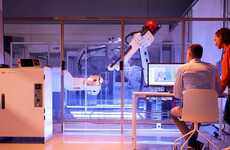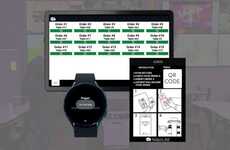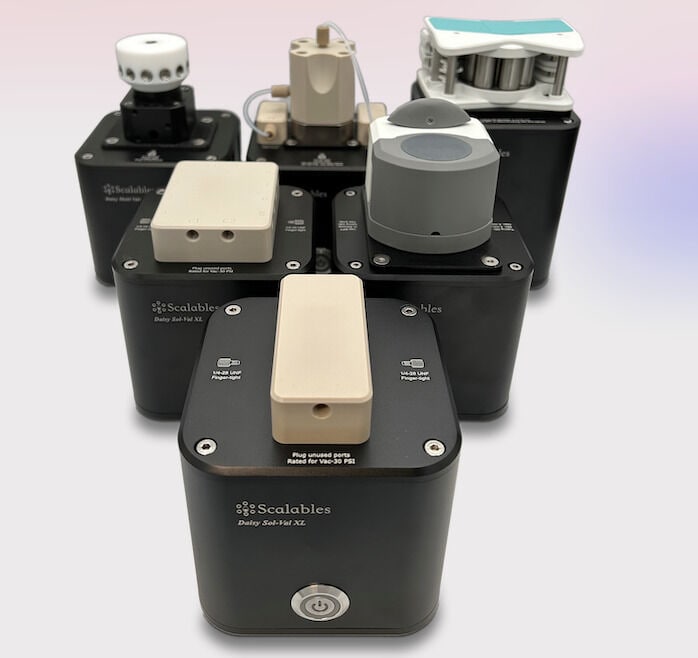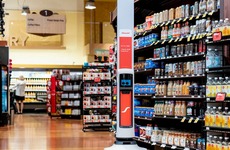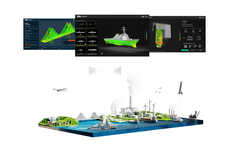
Scalables is Introducing a New Modular Technology
References: scalables & accesswire
Scalables aims to enhance laboratory automation with new modular technology. The approach involves creating components that can be universally integrated with various lab instruments — a move that has the potential to significantly simplify setup and operation.
Sccalables' laboratory automation technology features a modular design that will seamlessly allow components to connect, either individually via USB or through a daisy-chaining method to form a unified system. Key aspects of this system include the ability to control modules through a user-friendly virtual panel or scripting interface, including custom Python applications. This flexibility supports compatibility across different lab equipment brands and facilitates global sharing of experimental protocols, potentially addressing issues of reproducibility in research.
Consumers, particularly those in research and academic labs, may find this technology appealing due to its potential to streamline operations, reduce the need for extensive training, and accelerate scientific discovery.
Image Credit: Scalables
Sccalables' laboratory automation technology features a modular design that will seamlessly allow components to connect, either individually via USB or through a daisy-chaining method to form a unified system. Key aspects of this system include the ability to control modules through a user-friendly virtual panel or scripting interface, including custom Python applications. This flexibility supports compatibility across different lab equipment brands and facilitates global sharing of experimental protocols, potentially addressing issues of reproducibility in research.
Consumers, particularly those in research and academic labs, may find this technology appealing due to its potential to streamline operations, reduce the need for extensive training, and accelerate scientific discovery.
Image Credit: Scalables
Trend Themes
1. Modular System Integration - A groundbreaking integration approach allows lab components to connect individually or in daisy-chain configurations, simplifying operational setups.
2. User-friendly Control Interfaces - The introduction of virtual panels and scripting interfaces, such as custom Python applications, offers versatile control of lab modules.
3. Interoperability of Lab Equipment - The technology's compatibility across various lab equipment brands supports more unified and efficient research operations.
Industry Implications
1. Biomedical Research - This modular automation technology promises to refine laboratory workflows and enhance the reproducibility of experimental protocols.
2. Pharmaceutical Development - In the pharmaceutical industry, seamless and flexible lab integration could expedite drug discovery and development processes.
3. Educational Laboratories - Academic institutions can benefit from reduced training time and streamlined experimental setups, fostering a more productive research environment.
4
Score
Popularity
Activity
Freshness





